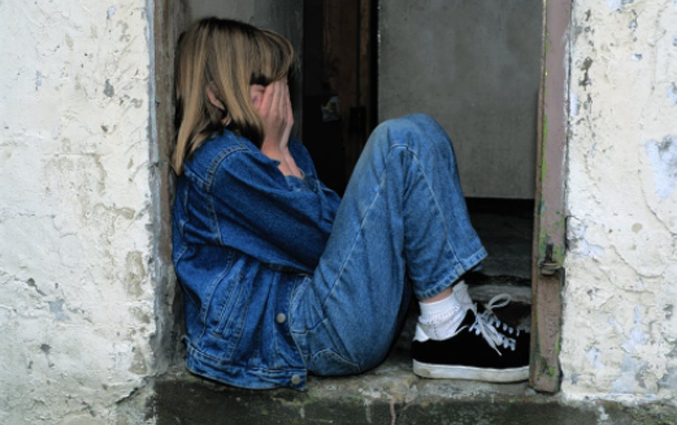|
|
How does parental neglect, family disruption and day-care affect a child? What happens when circumstances prevent a child from forming close attachments? This is the saddest area of psychology. Babies raised in institutions, without stimulation, attention or love by a regular parent, or locked away in an abusive, neglected condition are often withdrawn, frightened, even speechless. Institutionalizing children for longer than 8 months often causes long lasting emotional scars (Chisholm, 1998).
Unloved to Unloving
The unloved often becomes the unloving. Most abusive parents have been abused, battered or neglected themselves as children (Kempe, 1978). Many condemned murderers report the same backgrounds.
But this does not automatically mean that today’s victim will be tomorrow’s abuser. While most abusers were victimized themselves when they were young, the majority of abused children do not become violent criminals or abusive parents. Most children growing up with adversity are resilient and become normal adults (Helmrech, 1992; Maste, 2001). One study of 1,000 maltreated youths growing into delinquency found the problem all but disappeared by late adolescence (Ireland et al, 2002).
Lasting Wounds
Not all abused children are so resilient, however. Nearly 30 percent do abuse their own children, a rate four times greater than the national average of child abuse (Widom et al, 1989). Often, children who have undergone physical abuse may suffer lasting wounds – with nightmares, depression, and an adolescence troubled by substance abuse, eating disorders, alcohol abuse, or aggression. Abused children, especially in severe and prolonged situations, are increasingly at risk for health problems, psychological disorders and criminality (Freyd et al, 2005).
Abused children can become aggressive teens and adults. Stress can set off a ripple of hormonal changes that permanently changes a child’s brain.
Infant Separation
How does an infant react when separated from family? Babies who have been separated from their families become upset, withdrawn, depressed and despairing. We see in courtrooms that the stress of separation might cause lasting damage. Understandably courts are usually reluctant to remove children from their homes.
Day-Care Quality
During most of the last century, moms stayed home with the kids. But what about today’s day-care world? Does day-care disrupt a child’s attachment to their parents? Depending on the quality of day-care and the child’s age, the answer could be yes.
High quality day-care facilities offer warm, supportive attention in a safe, healthy, and stimulating environment. However, not all parents are able to afford quality day-care. Family poverty often puts children in low quality day-care environemts that are boring and unresponsive to children’s needs.
There is little disagreement that many pre-schooled children deserve better. So do children who are parked in minimally staffed day-care centers. What all children need is consistent, warm and caring relationships with people whom they can learn to trust.
This report is not a diagnosis. We hope this information can guide you toward improving your life.
Review our Knowledge Base or the links displayed on this page for similar and related topics.

